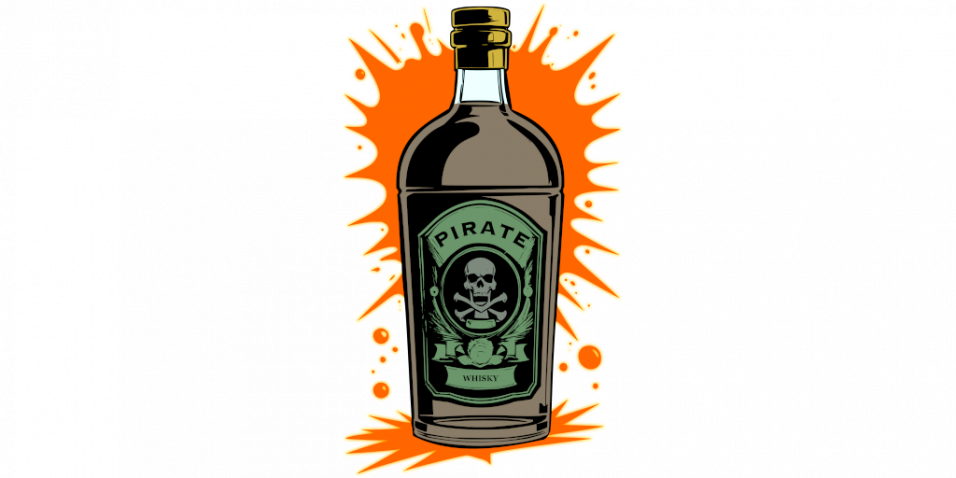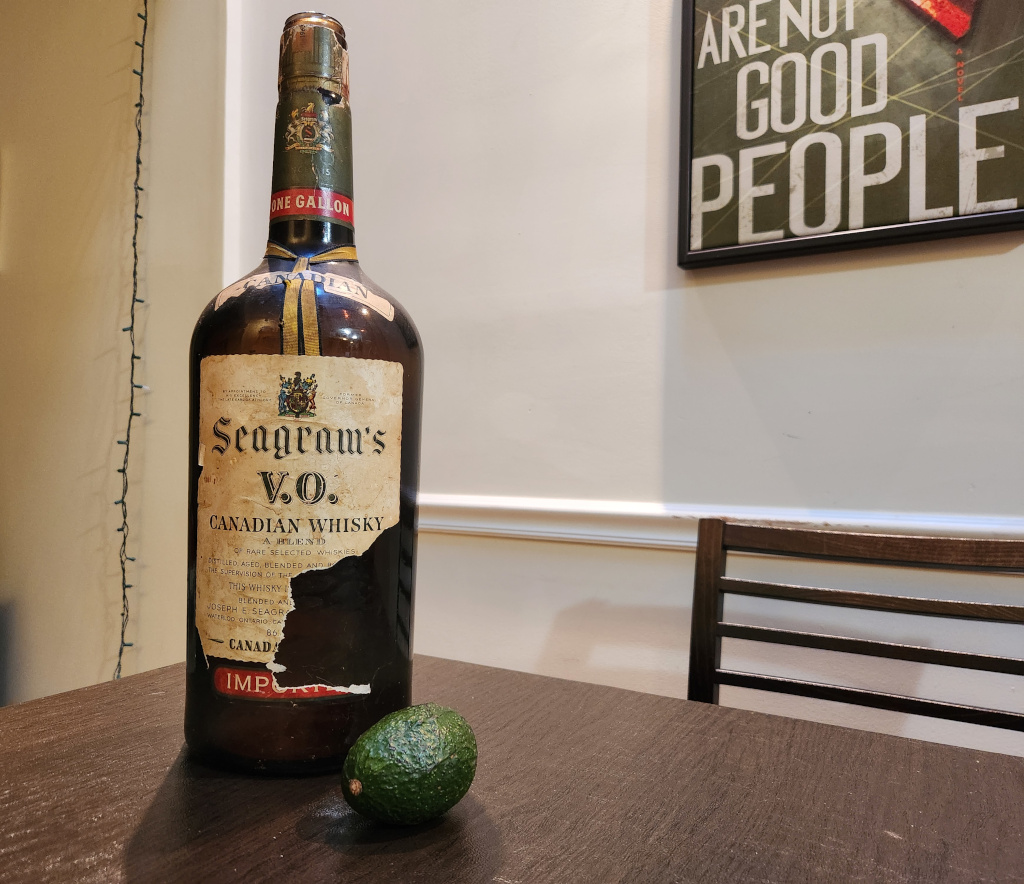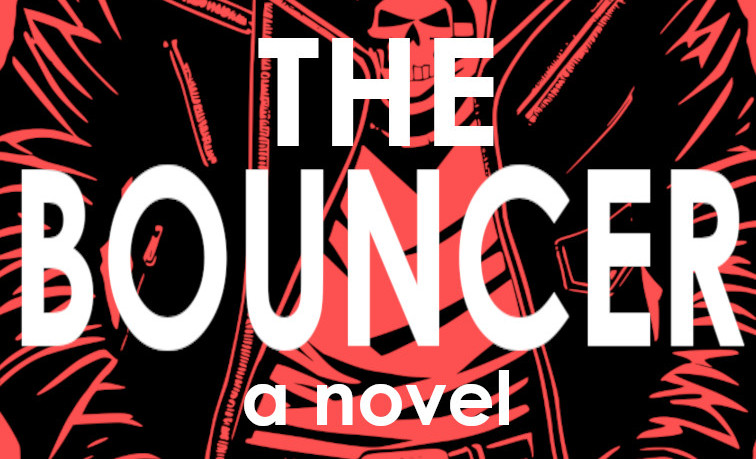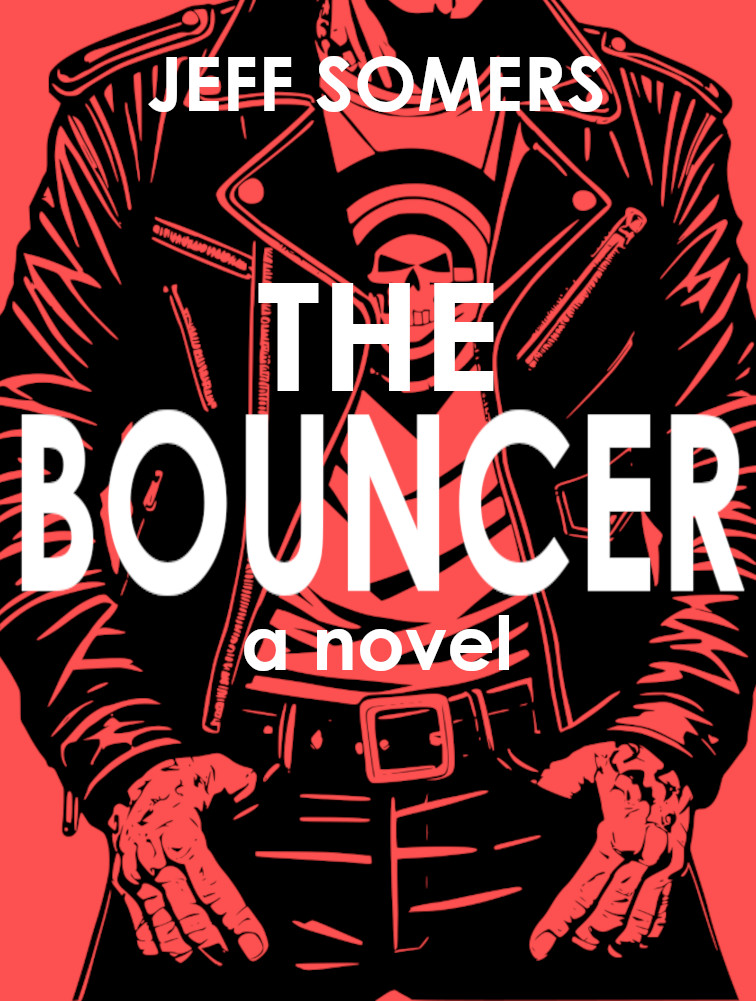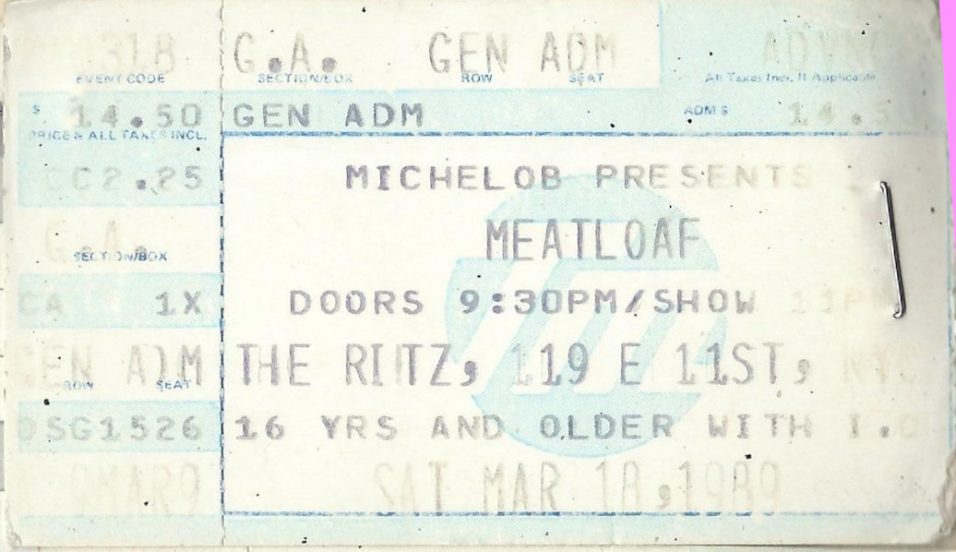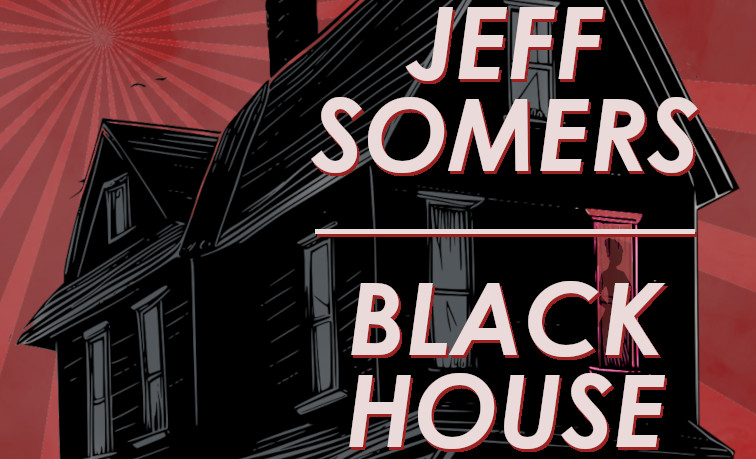The Xmas Zone

As ever since the ancient Splitting of The Holidays between The Duchess and I, we flew down to Texas on December 25th this year to visit with her family. Traveling on the 25th is always a surreal experience, from the empty streets to the surprisingly crowded airport. On the one hand, you have people wearing jaunty sweaters and comical hats encouraging a kind of We’re All In This Together! vibe that feels very holiday-ish. On the other, you have a large number of people scowling about because they’re on a fucking plane on December 25th (and likely heading home under less than ideal circumstances, because who’s family doesn’t include a healthy portion of angst?).
And even for the folks wearing snowman ties and Santa hats, all it takes is one delay to sour the mood, because we’re all on a schedule: There’s only so much Xmas Day, and every minute you spend breathing in someone else’s farts while the plane sits on the tarmac is one more minute you have to explain to your disappointed Mom or suspicious in-laws who suspect you took a side trip to a bar or three on your way to their humble abode and aren’t buying your story of engine troubles and illegally-smuggled emotional support piglets.
And then when you arrive in a town like, say, Austin, it’s empty. It looks like a fleet of alien ships arrived shortly before you did and sucked all the people up for experiments. The Duchess and I, exhausted from emotional support piglet adventures, arrived at our hotel to find it completely abandoned. No one — literally no one — was there to check us in, leaving us to wander about the property shouting and trying all manner of locked doors until a sleepy-looking girl stumbled out to grudgingly give us a key and wish us the best of luck finding our room.
Being a conflict-averse marshmallow of a person, traveling with The Duchess — who firmly believes that it never hurts to ask, and then becomes enraged whenever her ask is denied — is eye-opening. When we arrived in Austin, she marched right up to the sleepy-looking college kid pulling Xmas Day duty at the rental car lot and suggested that he wanted to give us a sports car for the same price as the Corolla we’d actually rented, and he did, so casually I still wonder if he actually worked there. Delighted, The Duchess hopped behind the wheel and made vroom vroom noises, which was disturbing enough, but then turned and asked me to remind her which was the gas and which was the brake and I couldn’t answer because I was too busy quickly updating my will on my phone and texting out some last messages.
In Austin, Texas, you can order tamales literally anywhere and this is a good thing. Which is my way of saying we survived the trip, barnstorming through the state and only setting off one fire alarm along the way, which is pretty good for us. I’m not saying they have photos of us at the TSA offices in Austin-Bergstrom International Airport, but I’m not not saying that, either.
But we’re home. Having delivered the sports car back to the rental agency with a suspiciously clean interior and no evidence whatsoever that we sped out to the desert to do wheelies and practice drifting, we flew home on a plane filled with screaming children and the smell of despair, not to mention enough turbulence for me to get my phone back out for some last will and testament fine-tuning. If you received a suspiciously desperate-sounding text from me around 9:30PM on 12/27, you can ignore it.
Happy New Year, folks. We all deserve it.



